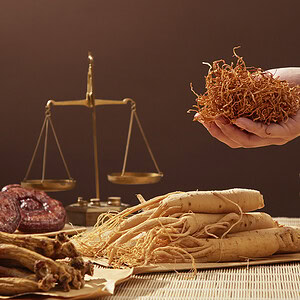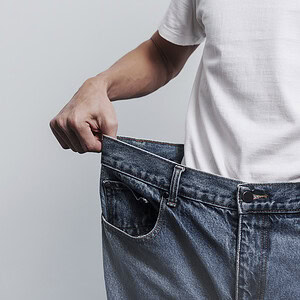Olive oil is ubiquitous with the Mediterranean diet, sometimes considered to be the healthiest in the world. But how do you get the most out of this liquid gold?
In the UK, not so many decades ago, if you wanted olive oil you’d have to look in a chemist where it was typically sold as a remedy for earache.
Since then, we have progressed from drizzling it in our ears to drizzling it on our food, and nothing says summer (or ‘I’m on holiday’) like a fresh salad with an olive oil dressing.
But if you find yourself staring at seemingly endless supermarket shelves of olive oil, unable to decide between extra virgin, virgin, light and mild, or a type that is none of the above, then you are not alone.
Because olive oil is still a fairly recent addition to the British diet, not all of us are confident in how to use it.
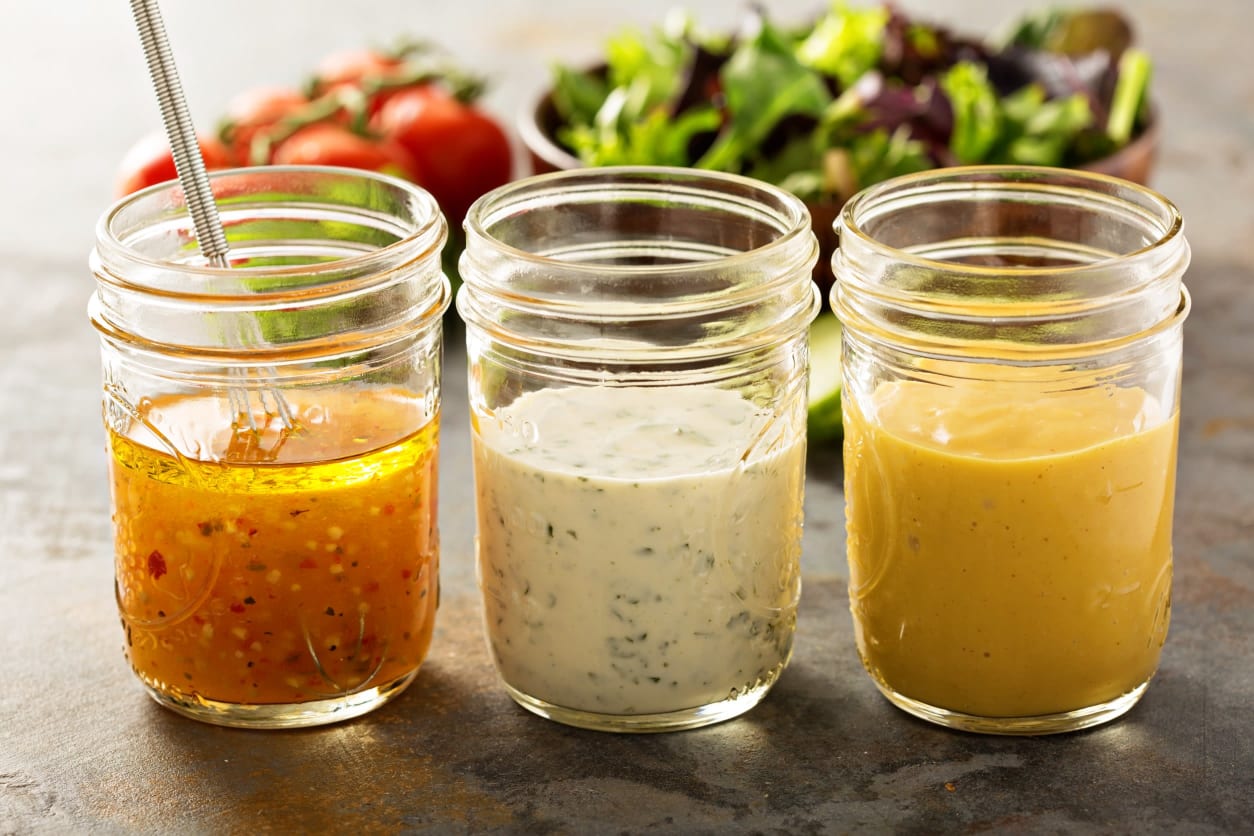
Is olive oil healthy?
A staple of the middle-eastern and Mediterranean diets, olive oil is high in unsaturated fats and contains the essential fatty acids omega-6 and omega-3.
Because of this, and its antioxidant and anti-inflammatory properties, olive oil has been linked to a longer life expectancy.
However, due to its chemical structure, it’s less stable than saturated fats such as clarified butter (ghee) or beef dripping.
In saturated fats, the strings of carbon atoms pack together easily, making them solid at room temperature and making it difficult for oxygen to penetrate the structure.
Try this griddled courgette marinated salad!
As an unsaturated fat, olive oil’s chemical structure makes it more vulnerable to oxidation — a reaction with oxygen that causes it to degrade.
In home economic terms, the lower stability of olive oil gives it a lower smoke point and makes it less suitable for high temperature cooking. It can also become rancid if exposed to oxygen and light.
In both instances, this causes the health benefits to diminish; so if you don’t use much olive oil, it makes sense to buy it in small quantities and use other oils such as ghee for high temperature cooking.
Whatever oil you cook with, try to avoid overheating to the point where smoke is produced.
Quality and age of oil may also affect the smoke point, and it is possible that an oil that has been lurking at the back of the cupboard for some time may burn more easily than a new supply.
How to store olive oil
To keep it at its best, store olive oil away from heat and light.
Heather Masoud of Zaytoun, which sources olive oil from Palestine, explains that once the olives are handpicked and pressed, the oil is stored in stainless steel, temperature-controlled vats that are nitrogen-sealed to keep the oil in optimum condition.
“Once bottled, heat and light should still be avoided,” she says. “If it is picked, processed and stored with diligence, then olive oil should be good to consume for a couple of years.
“We put a maximum of 18 months on our oil as we want consumers to enjoy it in optimum condition.”
Zaytoun’s unfiltered olive oil, which contains the olive pulp, is given a shorter shelf life of one year.
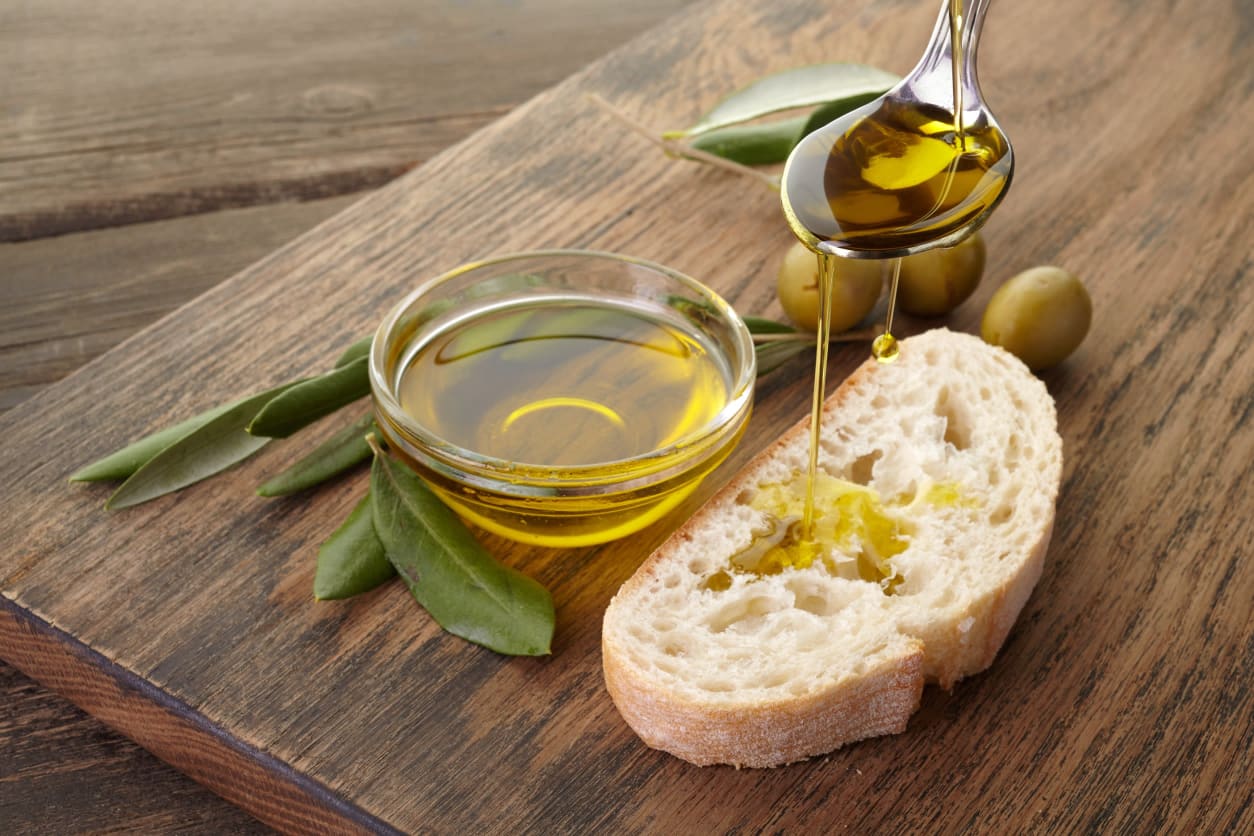
What is extra virgin olive oil?
Masoud also explains the differences between types of oil. “Olive oil is essentially a fruit juice,” she says. “Extra virgin defines that which has the better chemical and sensory characteristics. It is first cold pressed.
“The flavour and properties of olive oil are best represented in extra virgin. Virgin is a lower quality than extra virgin, and light is a refined oil.”
The term ‘light’ refers to the colour and flavour, not the fat content.
Because it is a refined oil, having been treated with heat, light olive oil has a higher smoke point than virgin or extra virgin.
A cold pressed, organic rapeseed oil, however, also has a high smoke point, a neutral flavour, and is a source of essential fatty acids, so can make a good alternative.
Olive oil recipe ideas
If you are stuck for ideas on how to use your extra virgin or virgin olive oil, Masoud also has plenty of suggestions.
“We love olive oil on [and] in everything. In Palestine, the landscape is characterised by the olive tree — it is an integral part of the culture and cuisine.
“The flavour of the olive oil adds to dishes both cooked and raw. We only source extra virgin and would only suggest using this type.
“In Palestinian cuisine, olive oil is omnipresent. It will be on the table at breakfast, a classic being zayt & za’atar which involves dipping bread in oil and then a thyme-based herb mix.
“Dipping fresh bread into good quality extra virgin olive oil is a joyous way to enjoy the flavour.
“Olive oil will be used to finish most dishes; drizzled over hummus, labneh and salads, and rubbed into vegetables and meats for cooking.”
Infusing a bottle of olive oil with herbs is another way of experimenting — but not to disguise an old oil that needs throwing away.
“Taste and smell are the ways to check the product,” says Masoud.
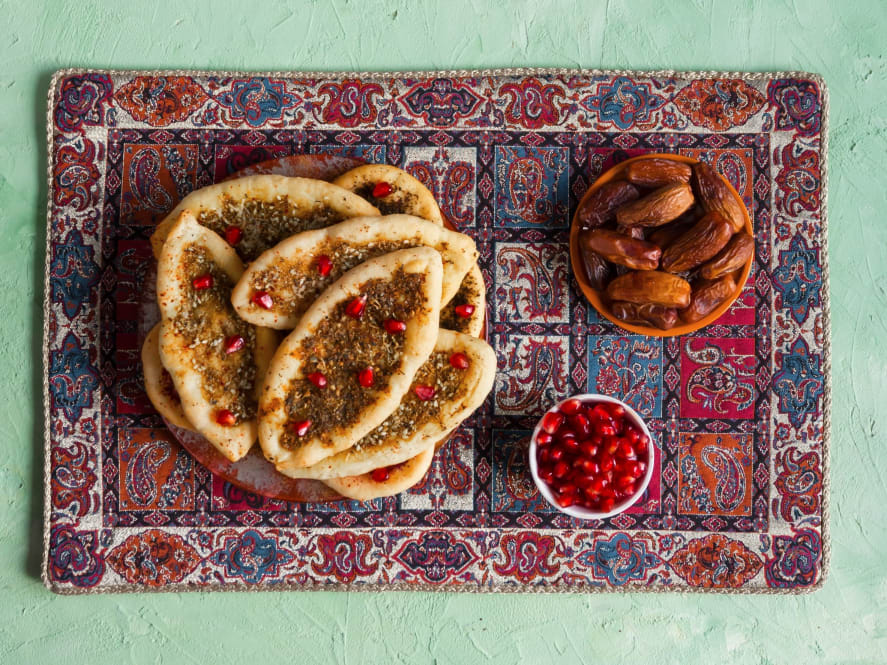
Enjoyed this article?
Learn about food in Cyprus
For articles and recipes subscribe to Optimum Nutrition
Discover our courses in nutrition




